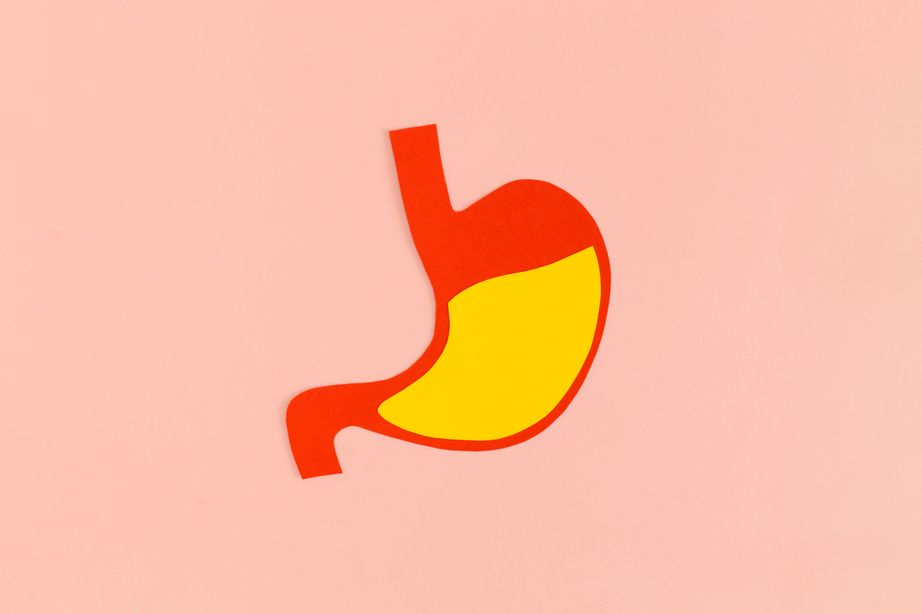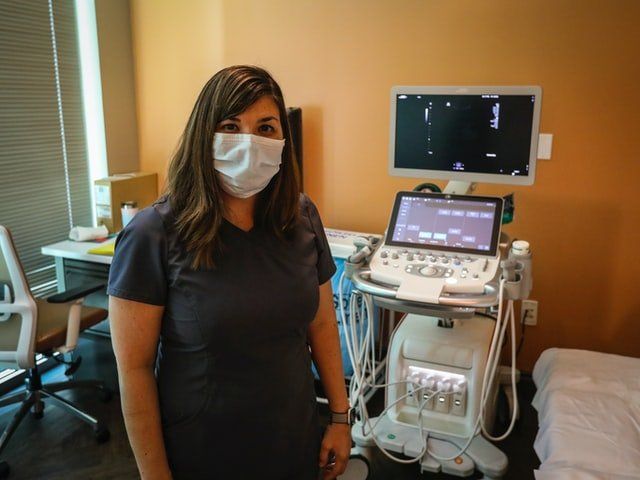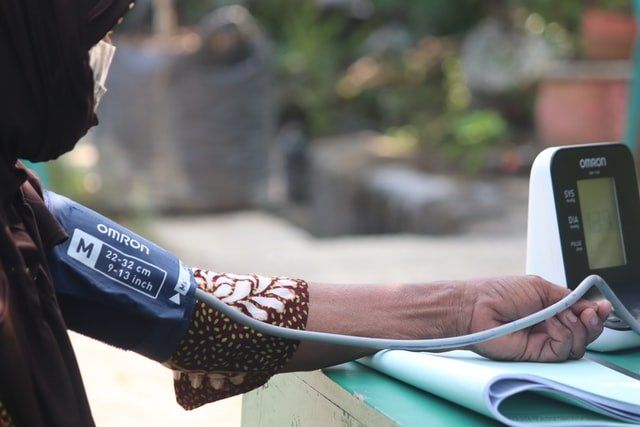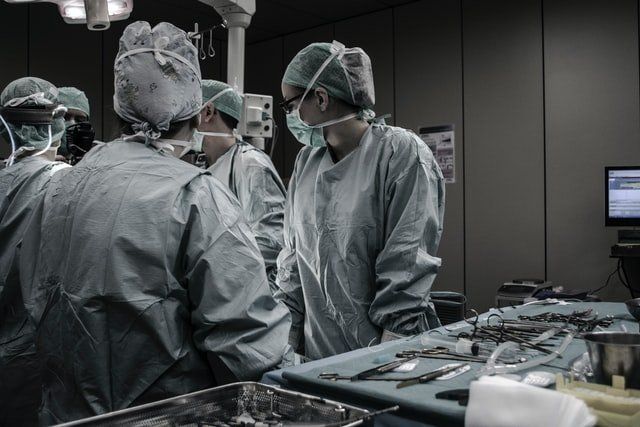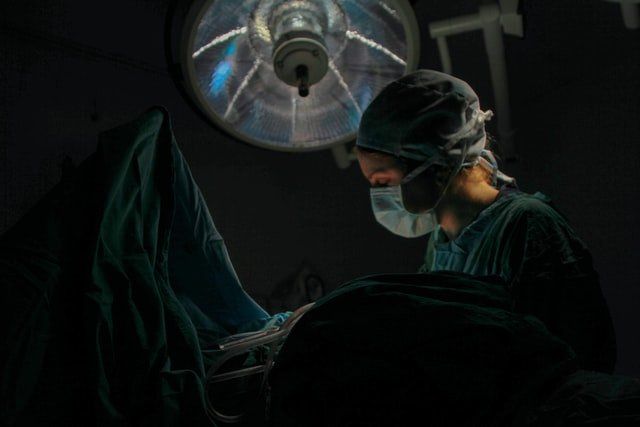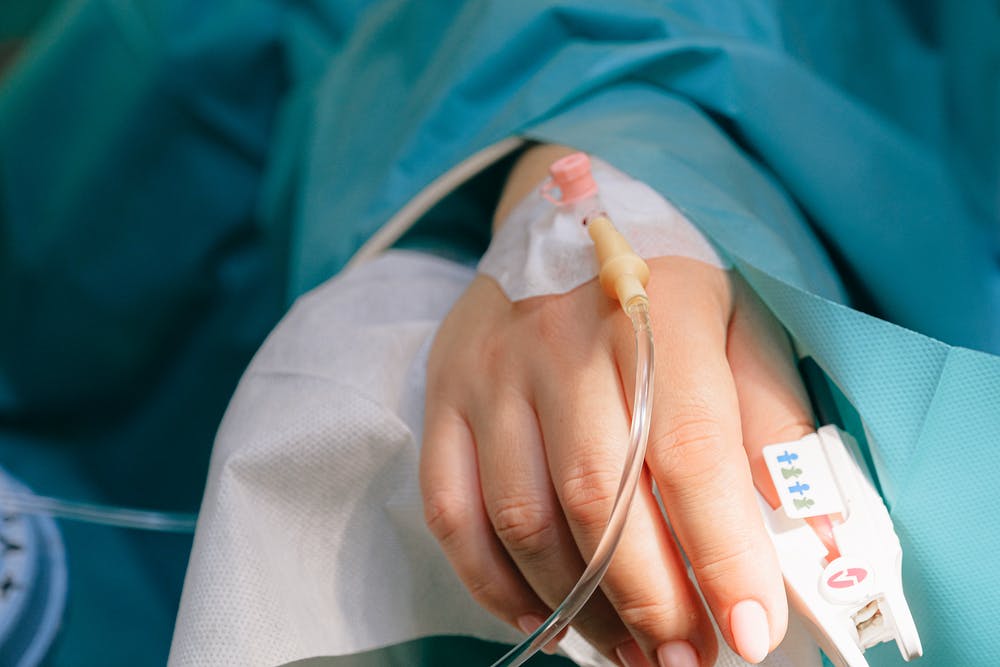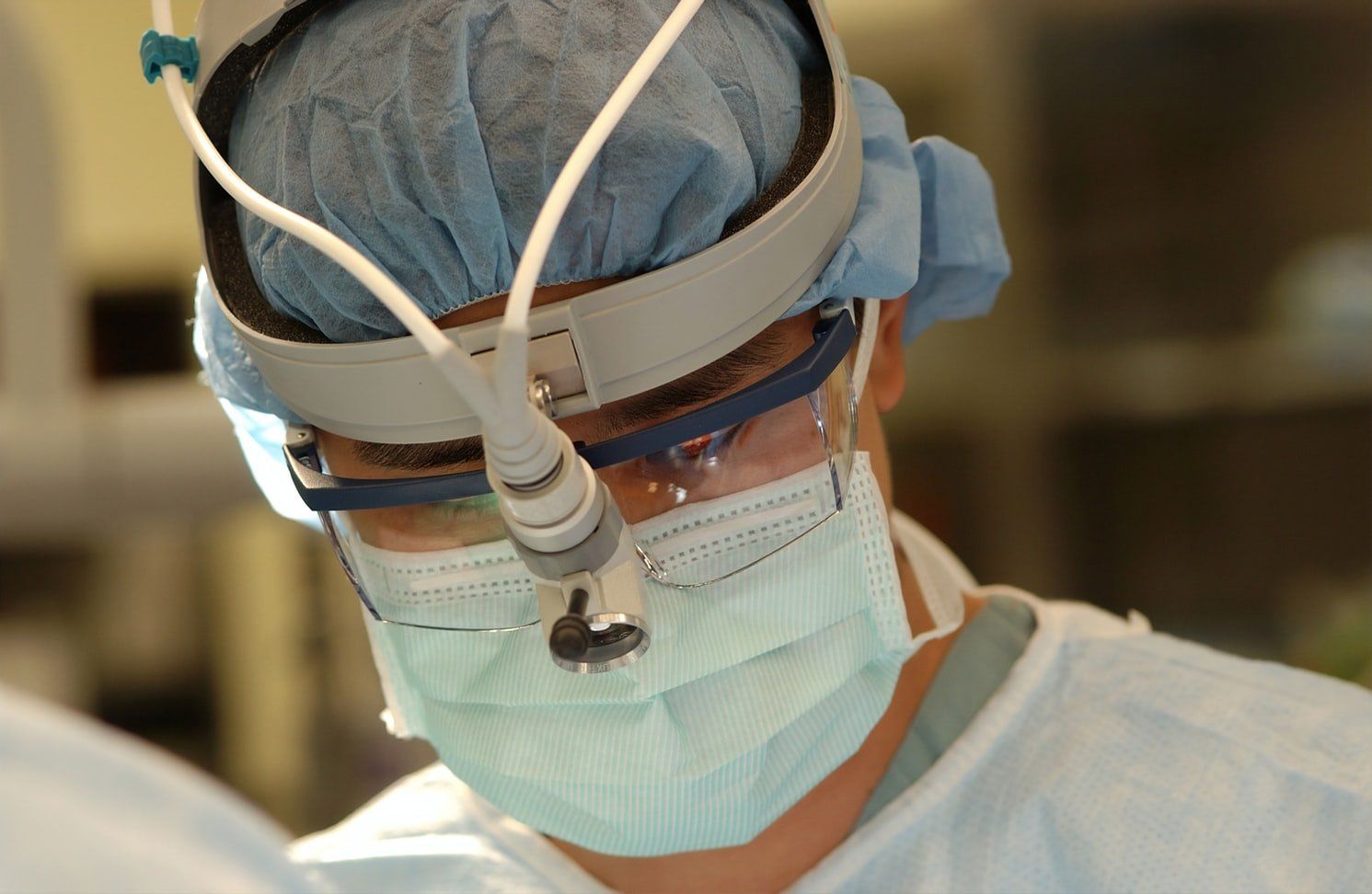What You Need to Know About Diets for Pancreatitis
People who have chronic pancreatitis or have previously had acute pancreatitis are subject to specific diets that will help them avoid the recurring symptoms of pancreatitis. Pancreatitis is an inflammatory disease in which the pancreas secretes an abnormally large amount of enzymes and begins to break down and digest itself. When this occurs, a specialist may perform an endoscopic ultrasound of your pancreas.
For recovery, many patients are required to undergo certain diets, such as the liquid diet, for a period of time. However, these administered diets are not fit for all individuals. So, to better understand the needs of our bodies when it comes to this disease, let’s look into diets and how it affects pancreatitis.
A Pancreatitis Diet
As you suffer from pancreatitis, it is critical to comprehend why you should consume certain meals while avoiding others. For one, you must abstain from alcoholic beverages, fried, oily, or high-fat foods (such as creamy sauces, fast food, full-fat meat and dairy, and anything fried). These foods can set off an attack by causing your pancreas to release an abnormally high level of enzymes.
Meanwhile, you can, in moderation, still eat certain foods such as refined carbohydrates, including white bread, sugar, and high fructose corn syrup. And to help stimulate your pancreas to generate more insulin, incorporate whole grains, fruits, vegetables, and legumes into your body. In general, it is also recommended that you avoid processed foods that are heavy in fat, sugar, or both.
You might be surprised to learn that there is no need to avoid fats fully. For persons suffering from chronic pancreatitis, aim for a "moderate-fat diet," which comprises about 25% fat. On a 2000-calorie diet, this translates to 55g of fat on a daily basis. Aside from a low-fat diet, frequent short meals are simpler to digest than large meals, which may trigger an attack.
Additionally, there are beneficial foods for chronic pancreatitis. Moderately consume healthy fats such as avocado, olive oil, fatty seafood, nuts, and seeds. At the same time, you must also learn about typical serving sizes of high-fat foods. To find out how much fat is in a food, you can check the
USDA National Nutrient Database.
Hospitalization for Pancreatitis
Even if your pancreatitis is minor, you may need to spend the night in the hospital to monitor your progress. Complications of pancreatitis may include new infections, pancreatic tissue loss, fluid-filled cysts, and organ failure.
When it is safe to do so, patients with mild to moderate pancreatitis may be given IV fluids, pain medication, and a low-fat soft food diet. If you have nausea and vomiting, a feeding tube may be implanted to keep your health in check. Similarly, cases of moderate to severe pancreatitis may necessitate a stay in an intensive care unit (ICU). Here, IV fluids will be given to you, and your blood pressure, oxygen saturation, and pulse rate will be measured. For some, pathogens and the general health of the blood can be determined via blood and urine testing.
Conclusion
Sometimes, it all boils down to how we take care of our bodies. This could mean taking a closer look at our stress levels, our sleeping patterns, our water intake, and of course, our regular diets. To avoid or manage pancreatitis, keep this diet information in mind. Prevent further damage to your body and begin taking care of it beginning with the food you consume!
Are you looking for competent
gastroplasty doctors? Michel Kahaleh Gastroenterologist is a well-known endoscopist and gastroenterologist who has performed numerous endoscopic treatments. With us, you may recover your life and become a better version of yourself with our assistance without resorting to invasive therapies or treatment regimens. Schedule an appointment and contact us today!

